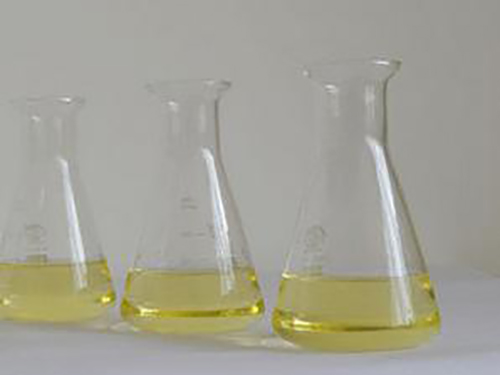scale and corrosion inhibitor for cooling tower
Scale and Corrosion Inhibitors for Cooling Towers
Cooling towers play a vital role in various industrial processes by dissipating heat from equipment and maintaining optimal operating temperatures. However, the efficiency of these systems can be significantly hindered by scale formation and corrosion, which are common challenges faced in water treatment and management. The application of scale and corrosion inhibitors is crucial in maintaining the longevity and performance of cooling towers.
Scale formation occurs when minerals in water precipitate and deposit on heat exchange surfaces, leading to reduced heat transfer efficiency and increased energy consumption. Common minerals responsible for scaling include calcium carbonate, calcium sulfate, and magnesium silicate. Essentially, the increased thermal resistance caused by scale buildup can lead to overheating and potential system failures.
On the other hand, corrosion is a chemical reaction that degrades the material of the cooling system itself, commonly caused by the presence of oxygen, chloride ions, and acidic or basic environments. Corrosion can lead to leaks, structural failures, and the need for costly repairs or replacements. Therefore, addressing both scale and corrosion is essential for maintaining the operational integrity of cooling towers.
scale and corrosion inhibitor for cooling tower

To combat these issues, various inhibitors are employed. Scale inhibitors, often phosphate-based or polymeric compounds, act by interfering with the crystallization process of scale-forming minerals, allowing them to remain in suspension and preventing deposition. By employing these scale inhibitors, industries can significantly reduce scaling, ensuring more efficient heat exchange and lower energy consumption.
Corrosion inhibitors, on the other hand, are chemicals that can either form a protective layer on the metal surface or modify the water chemistry to reduce its corrosive potential. Common types include azoles, phosphates, and organic inhibitors that lower oxidation rates and create a barrier between the metal and corrosive elements.
Incorporating both scale and corrosion inhibitors into the water treatment plan of a cooling tower is crucial. Regular monitoring and maintenance ensure that these chemicals are at optimal levels, providing a dual action against the detrimental effects of scaling and corrosion. Ultimately, effective management of these challenges not only prolongs the lifespan of cooling systems but also enhances their operational efficiency, resulting in significant cost savings for industries reliant on cooling towers.
-
Water Treatment with Flocculant Water TreatmentNewsJun.12,2025
-
Polymaleic AnhydrideNewsJun.12,2025
-
Polyaspartic AcidNewsJun.12,2025
-
Enhance Industrial Processes with IsothiazolinonesNewsJun.12,2025
-
Enhance Industrial Processes with PBTCA SolutionsNewsJun.12,2025
-
Dodecyldimethylbenzylammonium Chloride SolutionsNewsJun.12,2025





